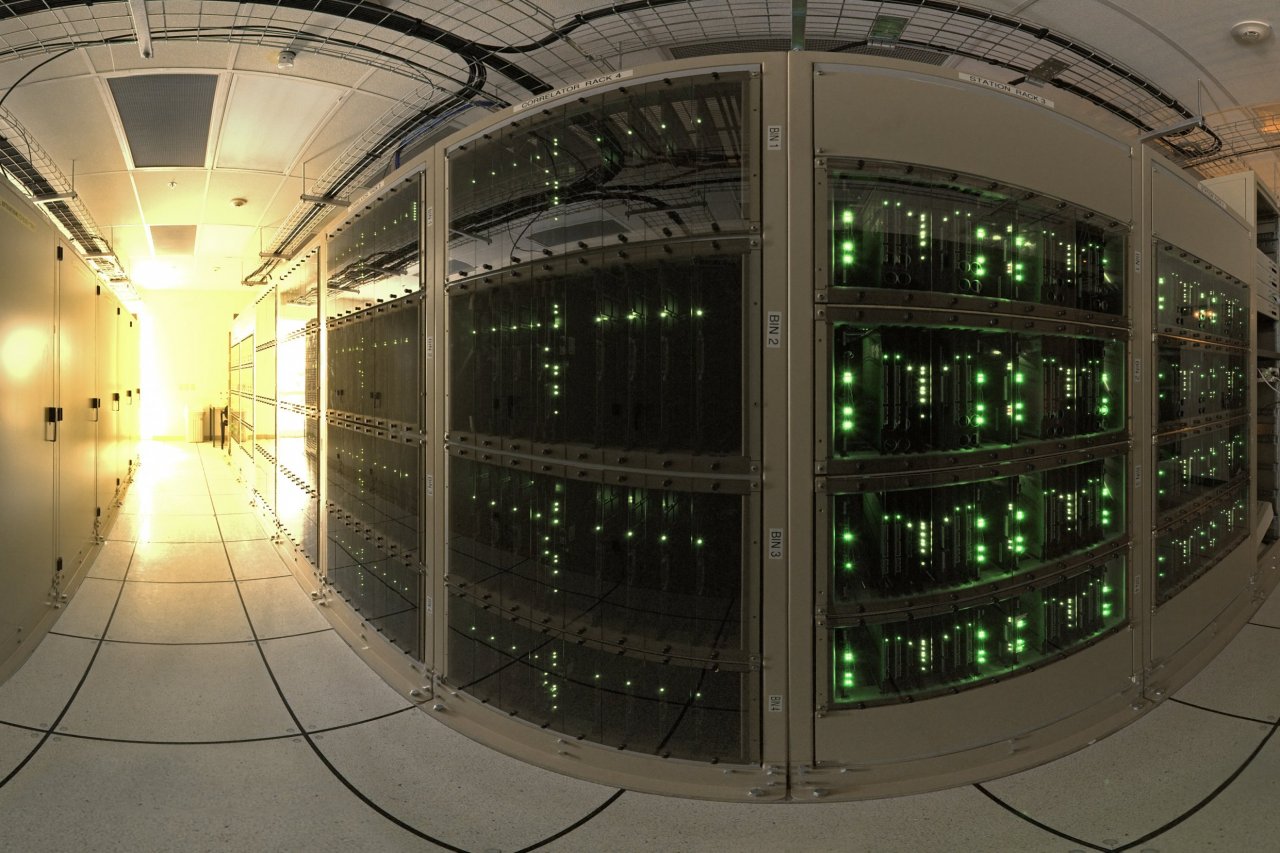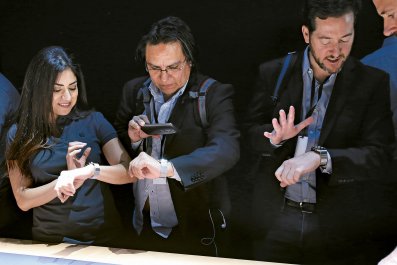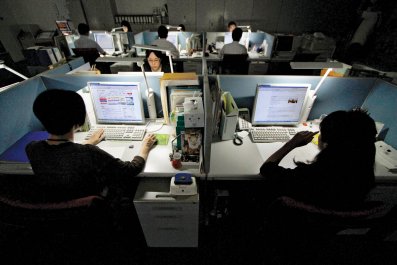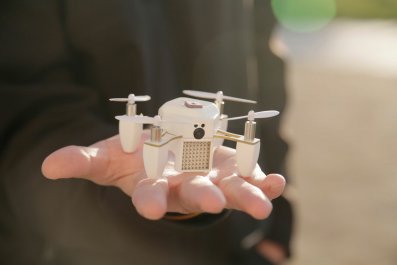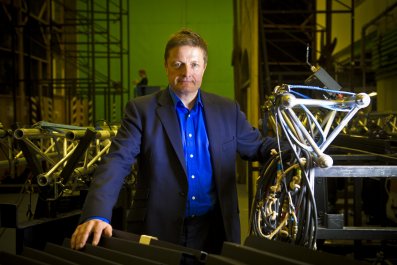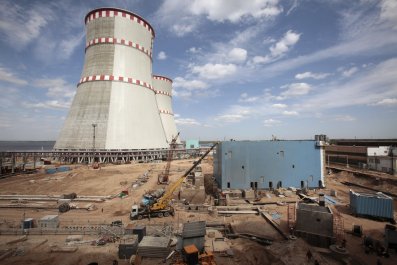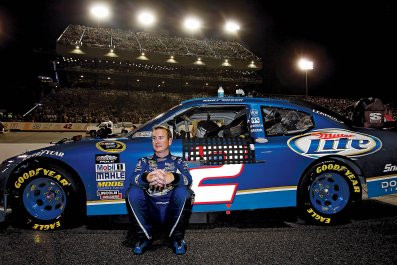Quantum computers, the next generation of high-powered super-computers, are about to transform the business world. And the precursors of this new generation already exist.
Unlike conventional computers, quantum computers process data in parallel, mimicking, if you like, the human brain. A quantum computer can recreate the behaviour of atoms, model chemical reactions and simulate nature itself, making it capable of large-scale simultaneous computation.
Any business or activity that relies on searching, crunching and storing large volumes of data will soar. The term "needle in a haystack" will become irrelevant. Sectors where demand exists include financial markets, insurance, intelligence, cyber-security, internet, medicinal and pharmaceutical research, defence, energy, database management, logistics and communications – ie the entire modern economy. Quantum computers will redefine "real-world".
Ilyas Khan, 52, runs Cambridge Quantum Computers, a pioneer that span out of the Cambridge University maths department in 2013, and has already developed one of only two operating systems for quantum computers. Khan listed the three "most obvious" business applications: "First, cryptography and cyber-security for banks, insurance companies and personal finance companies," he says. "We will all be more secure thanks to quantum computers."
Second: financial services and markets. "Uneven distribution of market-sensitive information that allows high-frequency trading will be smoothed out," says Khan. "Even the most powerful Cray computers can't do this. Markets will become efficient. You will be able to make investment decisions based purely on empirical evidence not emotion." The banking sector will benefit. "How can a bank reconcile risk or asset exposure? Present-day technology takes time and entails compromise. A quantum computer can do it instantly."
Third: medical science, especially genome analysis. "The array of variables in a typical genome analytical model is 25,000, so the number of possible outcomes is 25,000 squared – a huge number. If you go to the NHS and ask for a genome analysis, it will take weeks. A quantum computer can do it sooner than you can blink."
According to Khan, within the Venture Capital community, quantum computer "is the hot investment now".



